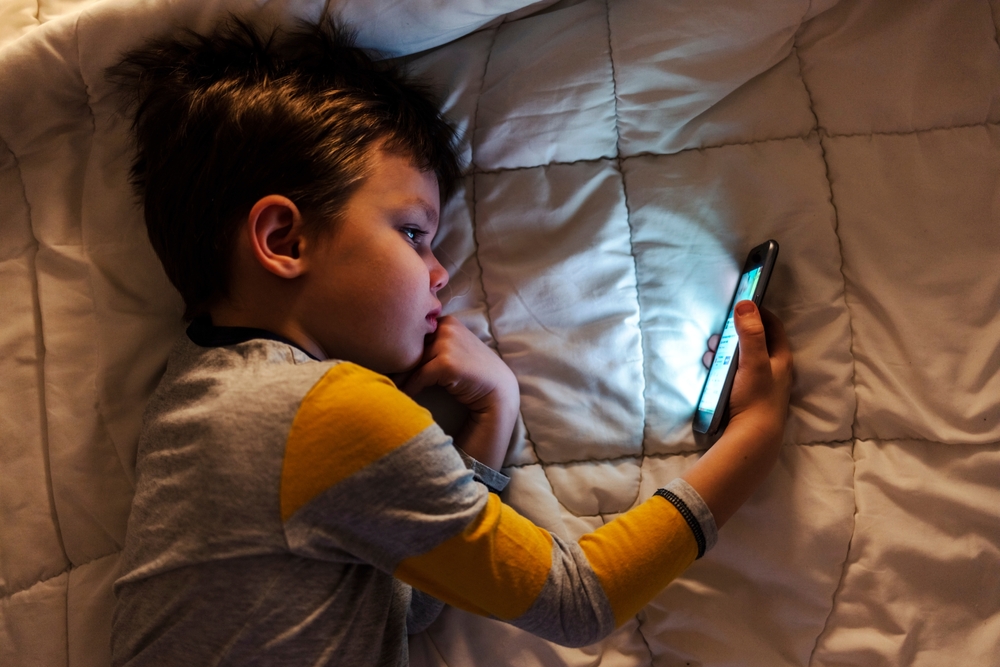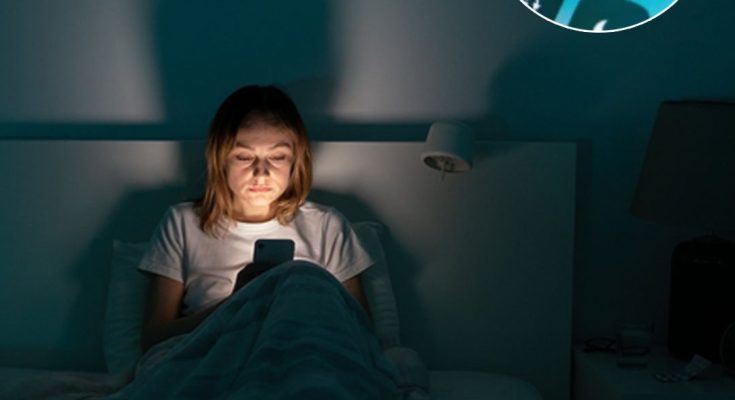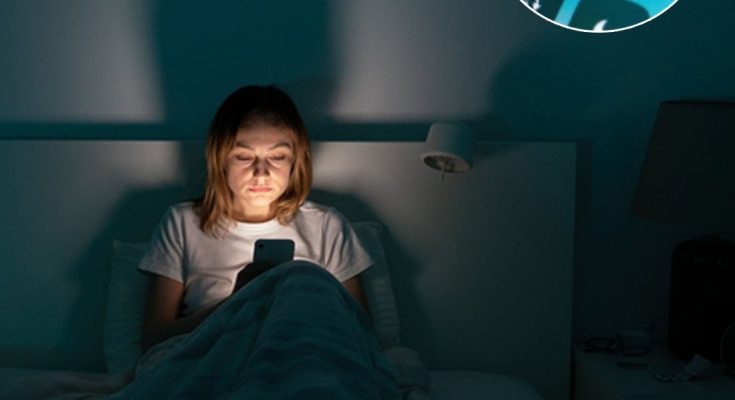We’re all glued to our smartphones – they’re our alarm clocks, connection to the world, and even our bedtime reading buddies. But when it’s time to snooze, experts suggest users shut down WiFi and Bluetooth, creating healthier sleeping habits and most importantly, preventing potential exposure to cybersecurity risks.
When you’re asleep, is your phone’s WiFi and Bluetooth still running? If so, you might be missing out on some surprising health benefits by turning them off. Plus, with WiFi and Bluetooth disabled, your device isn’t constantly scanning for connectivity, putting your data at risk.
Let’s explore why powering down these features at night is a small habit with big payoffs.
Save battery life
Your smartphone is a sneaky little energy hog, even when it’s just chilling on the nightstand. Both WiFi and Bluetooth continuously search for connections – be it a network, speaker, or smartwatch. This background activity quietly drains your battery.
By turning off these features overnight, your phone focuses on being idle, saving precious battery power. When you wake up, you’ll have more juice to tackle the day without needing a morning charge.
Improve sleep quality
Did you know that constant notifications, updates, and buzzing can mess with your beauty sleep? Even if you’re not consciously aware of them, your brain might still register the disruptions.
Disabling WiFi and Bluetooth reduces the chances of late-night interruptions from notifications or devices trying to sync. Fewer distractions mean deeper sleep, helping you wake up refreshed and ready to conquer the day.
Reduce potential EMF exposure
Now, let’s address the elephant in the room: electromagnetic signals. While research is still ongoing, some studies suggest that prolonged exposure to electromagnetic fields (EMFs) could potentially impact sleep quality and overall health.
According to Tech Wellness, “Electromagnetic fields (EMF) can affect the electrical communication in your body, such as your brainwaves, or the ability of your neurons to fire and communicate. It can also impede intercellular communication anywhere in your body.”
Meanwhile, the FDA reports that “the weight of scientific evidence has not linked exposure to radio frequency energy from cell phone use with any health problems at or below the radio frequency exposure limits…”
Still, switching off WiFi and Bluetooth is a simple way to limit your nighttime exposure. It’s not just about being cautious – it’s about creating a more serene environment to ensure you get your beauty sleep.

Boost security and privacy
Leaving your WiFi and Bluetooth on makes your phone more vulnerable to unwanted connections. Hackers or malicious software can exploit open networks or devices searching for connections, even when you’re asleep.
Turning off these features at night is like locking your digital doors. It’s an extra layer of protection that ensures your data stays secure while you dream about tropical vacations or finally finishing that Netflix series.
Digital detox
We’re all a little too attached to our gadgets. Turning off WiFi and Bluetooth at night serves as a mental cue to disconnect. It encourages healthier habits, like setting your phone aside and focusing on winding down without endless scrolling.
Bonus tip: Pair this habit with “Do Not Disturb” mode for the ultimate digital detox!
Turning off your smartphone’s WiFi and Bluetooth at night might seem like a small step, but it’s one with big benefits. From saving battery life and boosting your sleep quality to enhancing security and reducing EMF exposure, it’s a no-brainer.
Ready to try it tonight? Give it a go and see how you feel. Your phone, and your body, will thank you!




